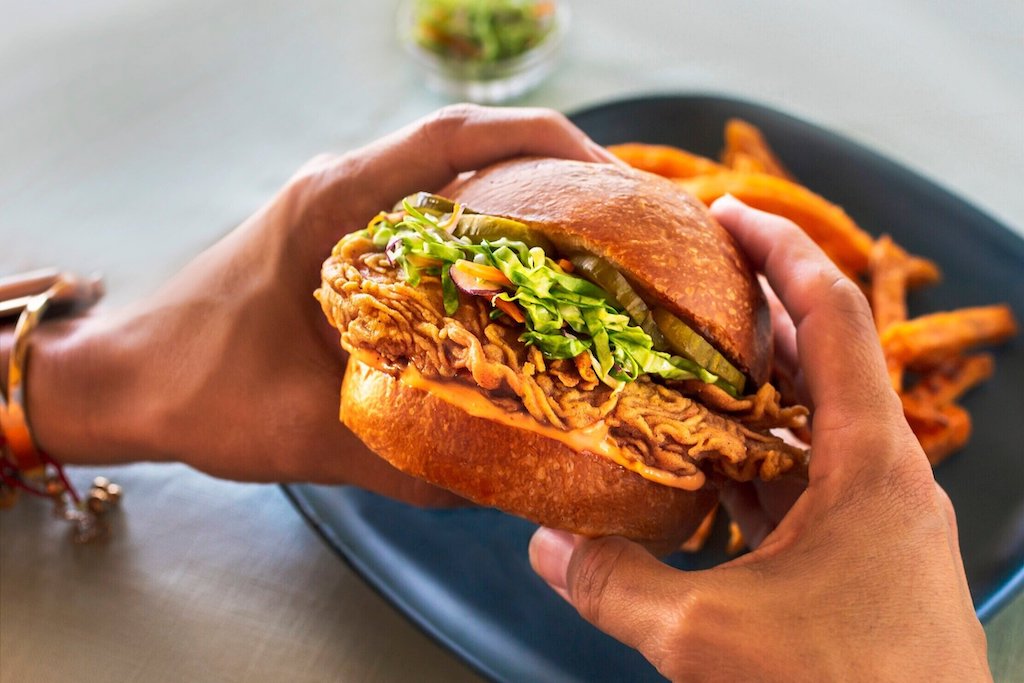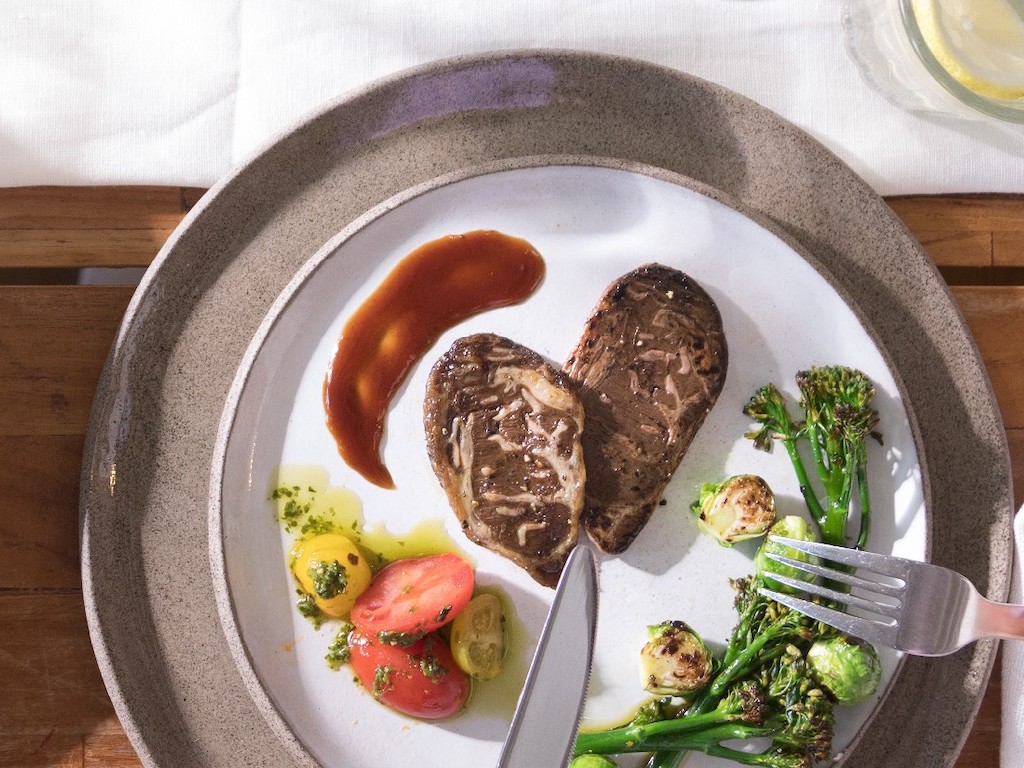4 Mins Read
Regulatory approval of cell-based meat remains the biggest obstacle for the industry, according to a new report. Despite recent progress, particularly in Singapore, researchers believe that cell-based protein will still only be available to a small market unless regulatory developments happen in larger countries like the U.S. and China, and in Europe.
There have been significant developments in the cell-based meat industry, but the largest barrier to mass adoption is regulation, a new report says. The research, conducted by U.S. tech advisory firm Lux, says that there is currently a “lack of clarity on global regulations related to cell-based meat.”
No shortage of funding, but lack of global regulation
Funds have been pouring into the cell-based meat industry, the report notes. More than $800 million has been invested into the space since 2016, with figures reaching all-time highs in 2020. Lux analysts say this has enabled many startups to scale, launch pilot plants and even commercialise for the first time in the case of Eat Just.

But the same momentum hasn’t happened in terms of regulatory approval, explains Lux researcher Dr. Harini Venkataraman.
“In December 2020, Singapore became the first country to approve cell-based meat, spurring industry momentum. While this is a step in the right direction, there is still a lack of clarity on global regulations related to cell-based meat.”
‘Larger nations need to remove barriers’
The report went on to say that Singapore’s move, while a world first, is not enough to push the industry towards mainstream adoption globally. Dr. Venkataraman described Singapore’s early decision as one that “sets the stage for other countries to follow suit”, citing Japan and Israel as likely candidates.
Israel is home to a host of cell-based meat players, such as Future Meat, Aleph Farms and SuperMeat, and the government has been largely supportive of the sector as part of its plan to boost food resilience and security. The country’s prime minister Benjamin Netanyahu famously became the first head of government to try cell-based steak.

Japan, on the other hand, has recently established a Center for Rule-making Strategies (CRS) with a number of stakeholders to aid the process of setting up regulatory standards of novel cell-based foods in the Japanese market.
However, Dr. Venkataraman said that these still represent “small markets” that “will not be enough for widespread adoption and market penetration,” adding that “larger nations will need to remove regulatory barriers to unlock a mass market.”
These key markets include Europe, the U.S., and China. While China and the U.S. have shown some developments, but no clear timeline for rules to be drawn up. Lux expects rule-making to be further down the line for Europe, which was described as a “conservative geography” for novel foods.
Hybrid alt-meat

Products that contain a mix of both plant and cell-based ingredients could be a potential avenue for alt-protein startups aiming to expedite the regulatory process. Lux highlighted that a “number of startups are looking to bring hybrid products to the market”, including players like Israel’s Meatech 3D, California’s New Age Meats, and exclusively hybrid protein startup Moolec Science.
This was also spotlighted in a recent McKinsey report, which said that many food techs are now using a hybrid approach to get their products on the market earlier. The same report estimated that cell-based meats would soon balloon to a $25 billion market by 2030, once cost, regulatory, and consumer acceptance hurdles are overcome.
But Lux Research believes it is likely that hybrid proteins will still have to face some regulation, given they do contain novel cell-based ingredients. They expect more global regulatory developments to begin factoring in hybrid products into their framework.
Lead image courtesy of Aleph Farms.




